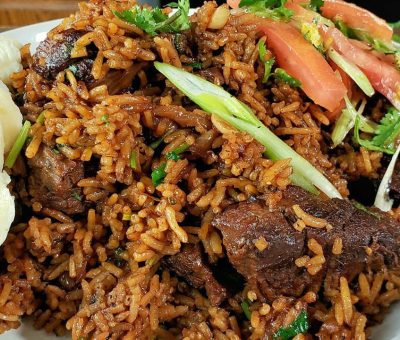Intermittent fasting for women over 50

As women grow older, it becomes more pressing to be healthy. However, with reduced muscle mass, lower metabolism, and for some, sleep issues, staying healthy in the form of burning excess weight does not come easily. That allows the love handles to get rife, not forgetting belly fat. Unfortunately, these will make a woman in the 50’s prone to ailments such as hypertension and diabetes.
However, you do not have to go down this road before you start trying to make a U-turn. That is why Irene Kyomukama, a nutritionist, advises these women to embrace intermittent fasting (IF).
IF, unlike what most people believe, is not starving self but allowing the body to receive food when metabolism is at its highest. “That is why one eats during specific times,” she says.
Kyomukama says fasting times vary but when one is not fasting, they can eat their normal meals and snacks.
The different fasting schedules include:
- 5-2 schedule: For one who has strenuous work schedules, it helps to keep it short or to a few days. In that case, you may want to fast for 12 or 16 hours during the weekdays (five days) and then eat the normal meals during the weekend. That is what is referred to as the 5-2 schedule.
- Every-other-day fasts: Someone may want to restrict their calorie intake on certain days and not on others. That is where this schedule comes in. For instance, if one wants to keep them as low as 700 on Sunday yet keep the supply normal for the rest of the week, then this schedule is ideal. It is important to note that the other schedules do not require one to be strict on the calorie quantity consumed.
- 16-8 hour schedule: For one in need of faster results, then the 16-8 IF schedule is ideal. For instance, one may want to have two meals and a snack or two meals within an eight-hour window. One scenario might be that they eat between 7am and 3pm while the other could be between midday and 8pm. That leaves the remaining 16 hours for fasting.
- 12-12 hour schedule: With this schedule, one may simply skip breakfast and have their first meal at lunch. In another instance, it could be that they have an early supper and do not snack thereafter. While many prefer this kind of IF, it may not be ideal when one wants to lose weight.
“It helps to work with a trained person to know the ideal IF schedule for you. One should build upwards, from 12/12 to 16/8,” she says.
While diligence and consistency are key for one to get results, Kyomukama says it is okay to break the schedule for special days such as a celebration.
However, for people that already have ailments such as diabetes and hypertension, working with your doctor is of utmost importance before you start such a diet.
“With medication involved, fasting may not be healthy hence the need for thorough consultation,” she says. However, even in instances where fasting is not ideal, eating more leafy vegetables is recommended.


















